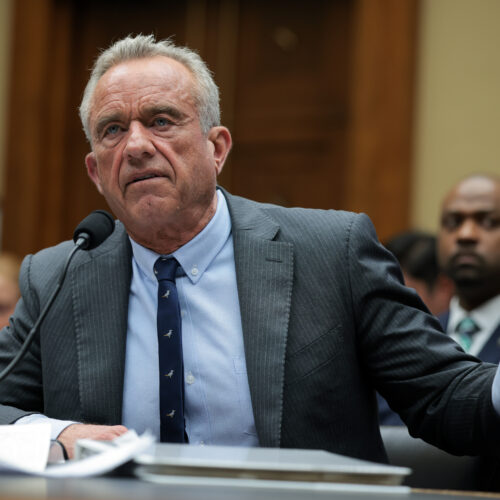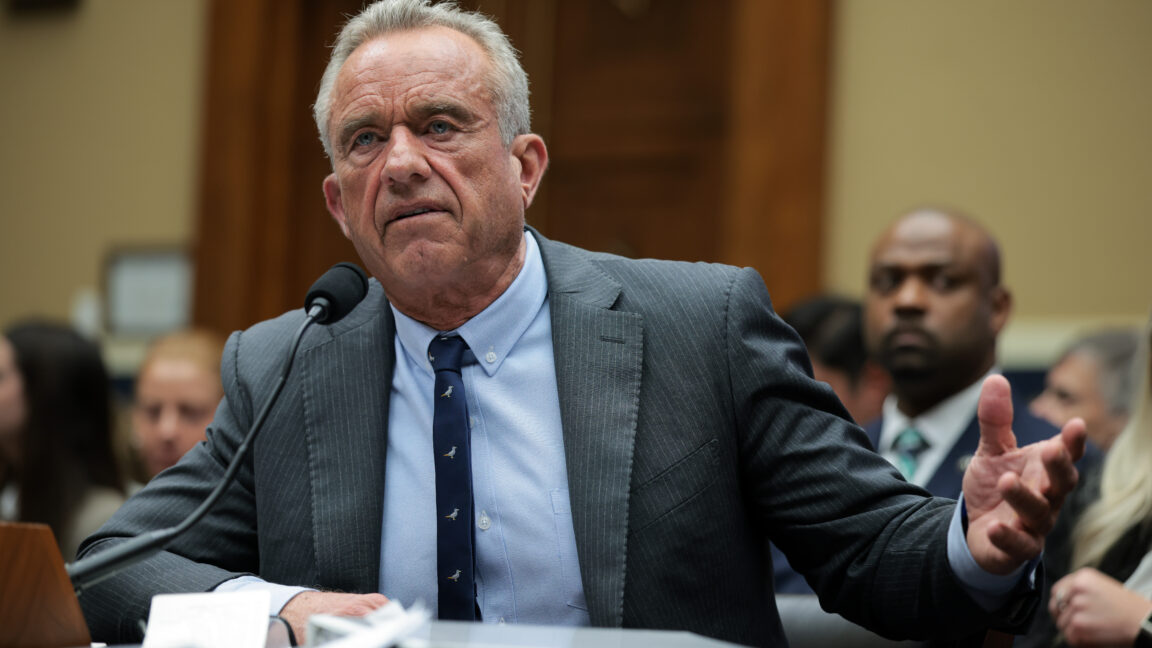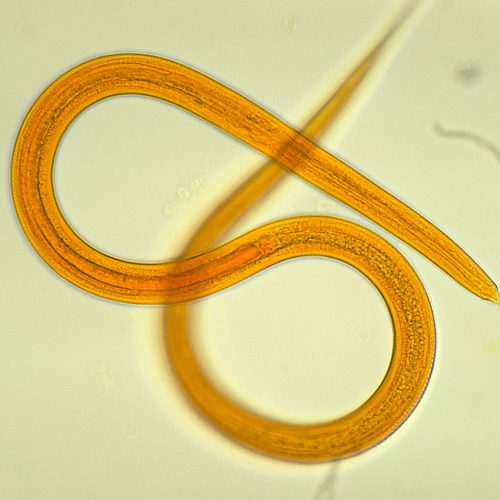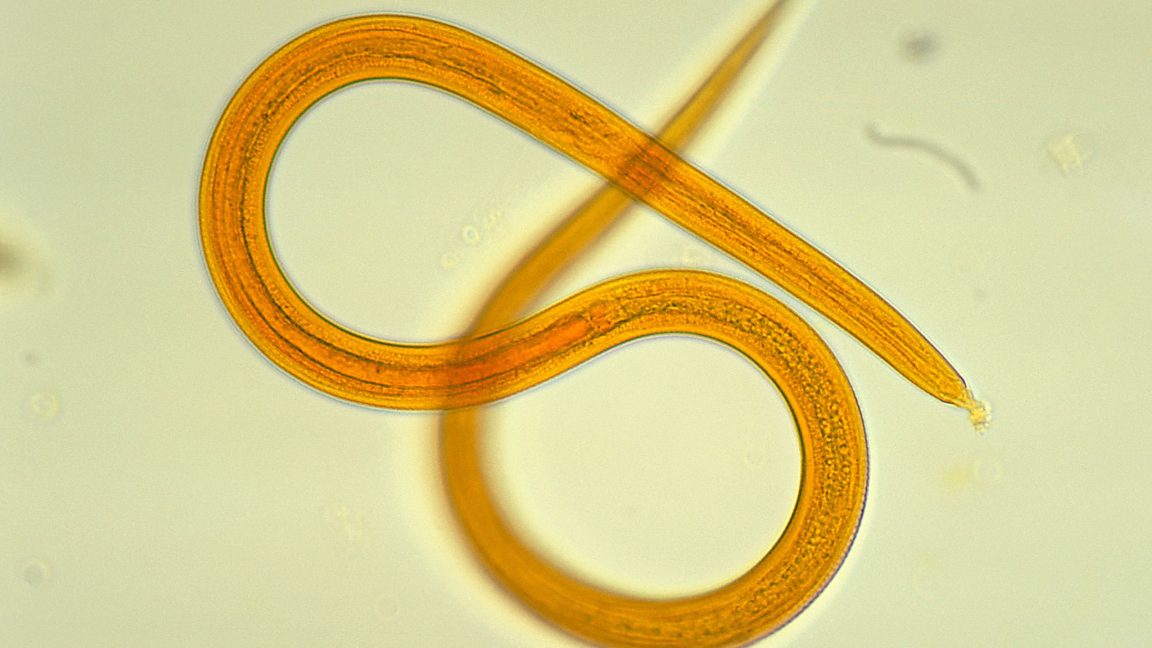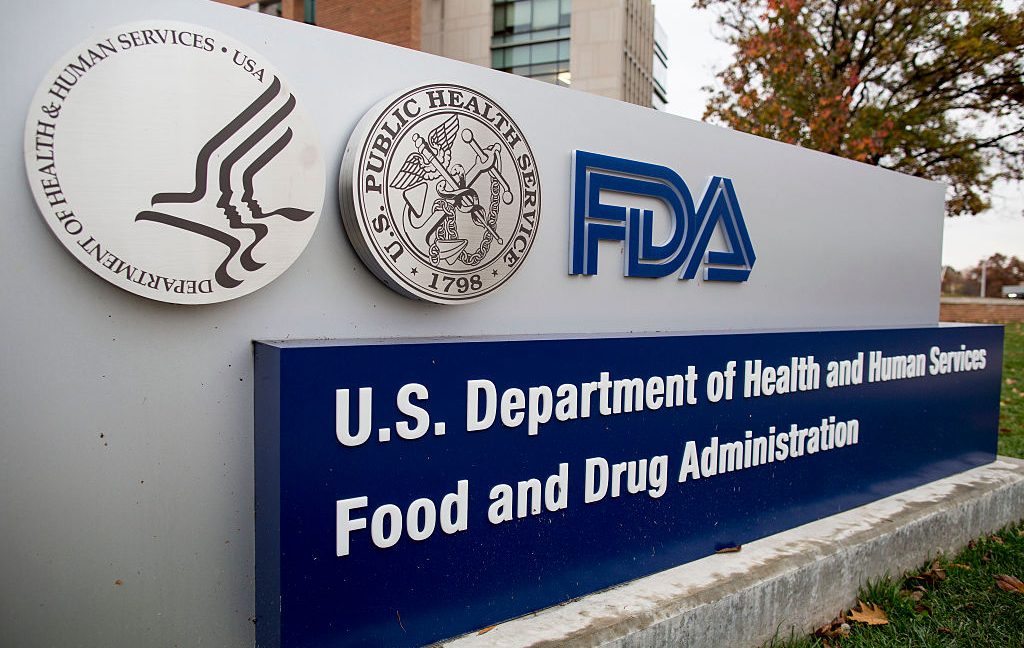Man’s heart stopped after common bacterium caused ultra-rare infection
A 51-year-old man showed up at a hospital in Germany looking as though he was wasting away, with swelling and tenderness in his ankles and knees. Then, his heart stopped.
Doctors were able to resuscitate him. Then, they got to work trying to figure out what was wrong. The man told them that for three months he had been suffering from diarrhea, weight loss, joint pain, and fever. His case was reported in this week's issue of the New England Journal of Medicine.
Blood tests didn't detect any infection, but imaging of his heart told a different story. Doctors saw "vegetation" on both his aortic valve and mitral valve. Vegetations are clumps or masses that often build up from an infection, generally containing a bundle of proteins, platelets, and infecting germs stuck together. While they cause damage where they are, if they fully dislodge, they threaten to move to other parts of the body, such as the brain or lungs, and cause dangerous blockages. In the man's case, the vegetation on his aortic valve appeared mobile.


© Getty | UniversalImagesGroup
